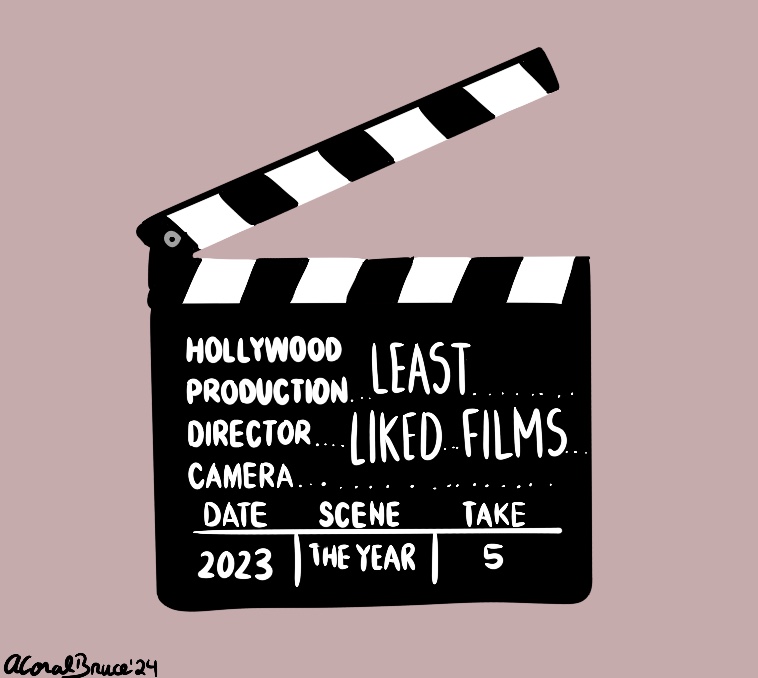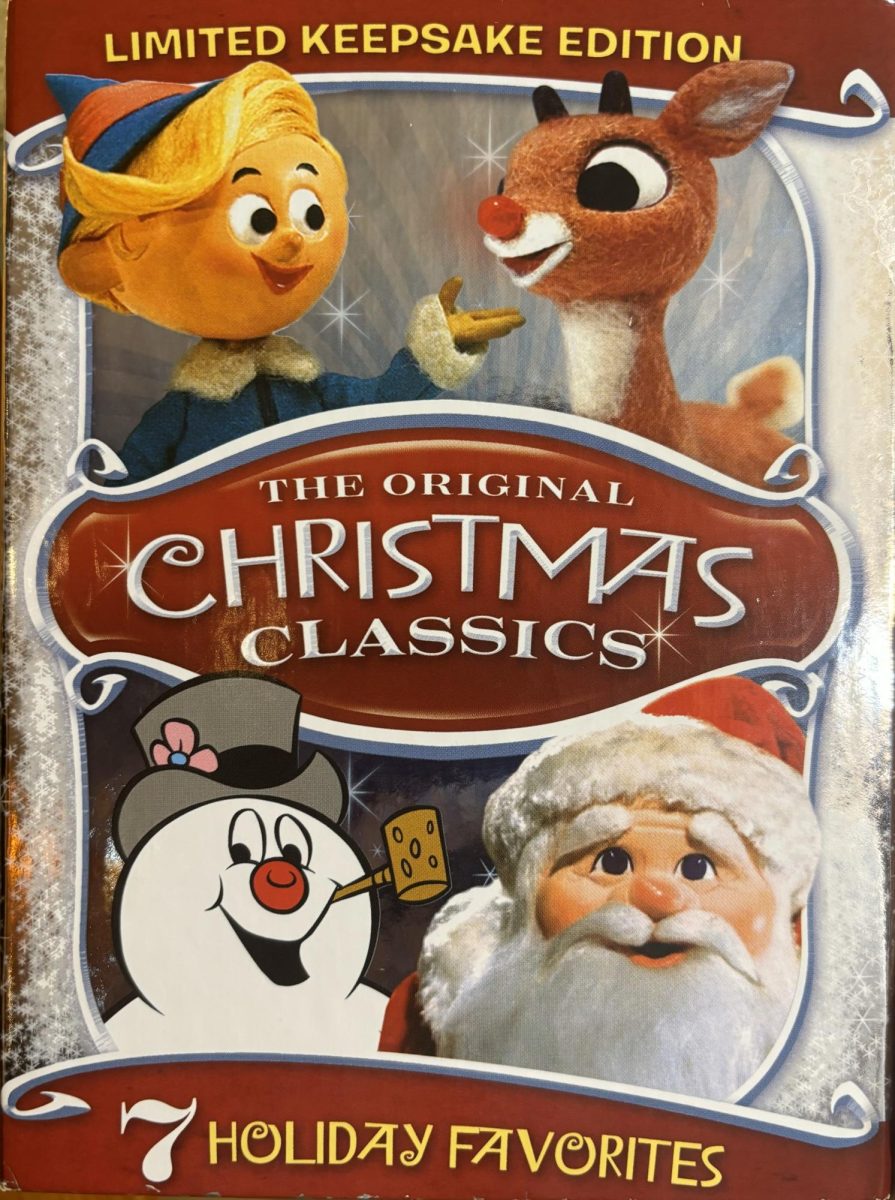Last week, the Review printed its second Post Secret double-truck feature, which divulged anonymous secrets from students on personally designed postcards. One such postcard, picturing former Alaska Gov. Sarah Palin, used the f— word in its message.
The editorial board saw no problem with running this postcard because it was an expression of opinion from a student, which was what the feature (note: not a news story) intended.
However, it has come to our attention that not everyone was pleased with this decision.
Review editors have received e-mails, both to personal inboxes and to the Review, and have been personally spoken to about the matter. Most who complained expressed disgust with the use of the word.
Other objections also surfaced regarding past opinion pieces that have contained uncensored profanity.
The Review Editorial Board wants to make something clear: While it agrees that the use of profanity in the newspaper may not always be kosher with everyone or in the best interest of the publication in its entirety, this profanity normally serves a greater purpose.
In the Post Secret instance, it represented a student’s opinion regarding his or her particular secret. While the Review would have preferred to run the postcard without the obscenity, there was no compelling reason not to, and so it was printed.
Certain students and faculty members have deemed that the Review should not use profanity at all. If we are not mistaken, that’s censorship, and that has no place on a college campus.
In 2007, the Oregon Daily Emerald, the University of Oregon’s student-run newspaper, ran a front-page editorial with the headline
“F— censorship.” The editorial was written in response to the bold headline “Taser this F— BUSH” that ran in Colorado State University’s student paper, the Rocky Mountain Collegian. This headline was a reaction to the Sept. 17, 2007, arrest and use of a Taser on University of Florida student Andrew Meyer. Then editor-in-chief of the Collegian, J. David McSwane, used the phrase as his editorial, forgoing any sort of supporting statement or additional commentary.
Both editorials garnered national attention, along with both praise and criticism.
As was stated in the Review’s Nov. 2, 2007, editorial, “Free speech justifies profanity,” “We at the Review support the student editor’s choice to express his beliefs in an opinion piece and take advantage of his right to free speech. Likewise, on our editorial pages, we do not limit or censor the speech of our staff.”
This year’s editorial board agrees with this statement. When staff writers have wanted to use profanity in their opinion pieces in the past, they were asked why. If a justifiable reason was given, the story ran unaltered. When the use of the obscenity was unwarranted, however, the profanity was removed. The Review doesn’t just throw the f— word around.
In the few instances profanity has been used in the Review this year, it was meant to make a point, not to be sensational.
Last week’s postcard didn’t run because it contained an obscenity or because it did so alongside a picture of Palin; it ran because it was protected under the Review’s right of freedom of expression.
Free speech cannot be stifled unless it endangers the immediate safety of its audience. The Review doubts that this one postcard elicited any clear or present danger.
The Review publishes letters to the editor that have profanity in them, and, so long as these words serve a purpose, the editorial board does not censor them. So why should the Review censor itself? Do staff writers not deserve the same treatment and privileges guaranteed by the First Amendment as non-staff writers?
The Review believes they do.
-The Review Editorial Board







Dave Hansen • Nov 13, 2009 at 4:30 pm
in your piece “Using Colorful Langauage …” you say “certain students and faculty members have deemed that the Review should not use profanity at all. If we are not mistaken, that is censorship, and that has no place on a college campus.”
Alas, I believe you are, in fact, mistaken.
censorship involves compulsion or prohibition. You indicate that some felt you SHOULD NOT use profanity.
It seems to me that are asking not for censorship, but rather for good judgement to be voluntarily exercised, and that does belong on a college campus.